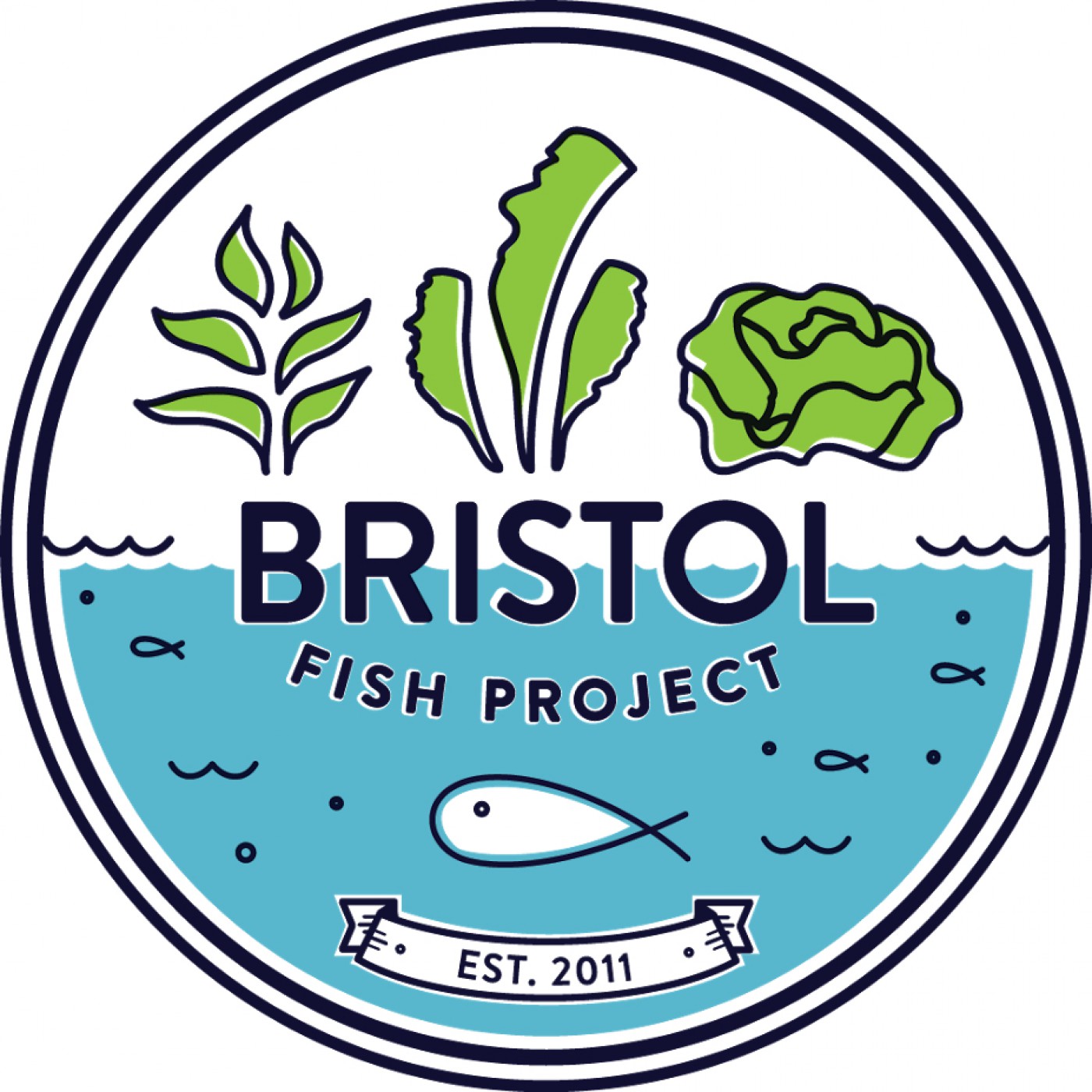Bristol Fish Project CIC (est 2011) is an inventive local community business (not-for-profit) that applies a community-centric alternative approach to mainstream corporate food production and consumption. Through our community-supported facility in an income-deprived area of Bristol we seek to research, demonstrate and share the application of circular economics to ecologically regenerative community-food. Our model, run by the community for the benefit of the community, integrates community food waste into food production and conservation through innovative, hi-tech farming methods. We centre on aquaponics (growing Eels and Watercress in a recirculating water-based system), but also approach insect production and applications of artificial intelligence for precision growing. Our production methods interact in a symbiotic manner with the natural environment -unlike conventional food production practices, and seek to enhance the lives of people and the welfare of livestock.
The profit-centric food-value-chain is not going away. The evidence is that for communities and environment, this value-chain does not meet their needs with severe, and generation-transcending repercussions in health and wellbeing of people and places. This is why we anchor our agri-innovation in the hands of the community, and why we have centred our efforts on bringing futuristic, integrated production and regeneration methods into a community setting with a view to giving over decision making and ownership of this to the community. We combine this with community resilience development and re-skilling and implementing ecological regeneration. We are starting now to be part of the future we want for our food system.
Work with Critically Endangered Anguilla anguilla.
In 2015 we elected to use European eels (Anguilla anguilla) in our production because we could see that this species would provide the best opportunity to operate our business in a restorative / regenerative manner. We want to bring people closer to their food and to their environment / place and regenerative / restorative farming is a mechanism that we see as integral to doing food better. Eels are an integral part of the local landscape here in the Bristol Channel, are critically endangered. As a fish the European eel also meets our production needs for a species tolerant of a 19 °C culture temperature, able to be cultured at high densities, omnivorous, with an optimum pH ideal for an established aquaponics system (6.8 – 7.5) and tolerant to the higher pH of our local water supply. So we adapted our concept to centre around the production of eels. In April 2016 we brought in eels from a certified sustainable source (UK Glass Eels) and began our trial of eel husbandry in an aquaponic system at our facility and have been pleased with the results. The proposed project builds on this small test and a prior pilot of aquaponics as a cultivation method that took place in 2012-13.
Since then we have begun work on designing and building a modular system for production based on readily available materials – as part of our ‘make it accessible to others’ modus operandi.
With our levels of understanding of eels as a species growing all the time, we aim to become a conservation oriented certified ‘sustainable producer’ of eels over the coming 4 years, making us part of the sustainable supply chain.
Eel Conservation – Theory of Change
| Vision –We share SEG’s desired Impact of: Healthy Eel Populations, Distributed throughout their natural range, fulfilling their role in the aquatic environment and supporting sustainable use for the benefit of communities, local economies and traditions |
| Current Reality -European Eels are considered critically endangered. Since the 1970s, the numbers of eels reaching Europe is recognised to be in systematic, steep decline. A complex web of interacting factors are attributed to this trajectory – overfishing, climate change, barriers to Eel migration routes, changes in predation and poor hobbyist practices, to name very few. It is hoped that a combination of approaches can push back against this trend. There are many projects that share the vision of restoring the European Eel population. This project works alongside, with and for these projects. |
Assertion – This project seeks to contribute to the regeneration of the European Eel by (re)connecting communities with eels and eel conservation using a place-based-approach. Therein we approach challenges of:
Via the following interventions:
|
Measuring Success – Some aspects of the proposed project are readily measurable:
|
| Innovative, sustainable funding model – In order to secure long-term conservation aims of this project Bristol Fish puts forward a portfolio of revenue-generation activities, ensuring the overall financial viability of this project whilst also meeting our overarching aims. Whilst we will continue to pursue grant funding opportunities for specific projects, we are keen that the EMFF funding leads towards a non-grant-dependent means of financing our eel conservation activities.
The Sustainable Eel Mechanism allows us to sell a maximum of 40% of eels cultivated onsite into the food value chain for money, alongside our other revenue generating activities (see cashflow). Within our budget all of the funds generated by the sale of eels are used pay for all the activities required to cultivate more eels as well as deliver educational programmes relating to eel release programmes., rather than to profiteer from the cultivation of a critically endangered species. We reiterate here that we will move from wild-caught to bred-eels as soon as these become commercially available. |
